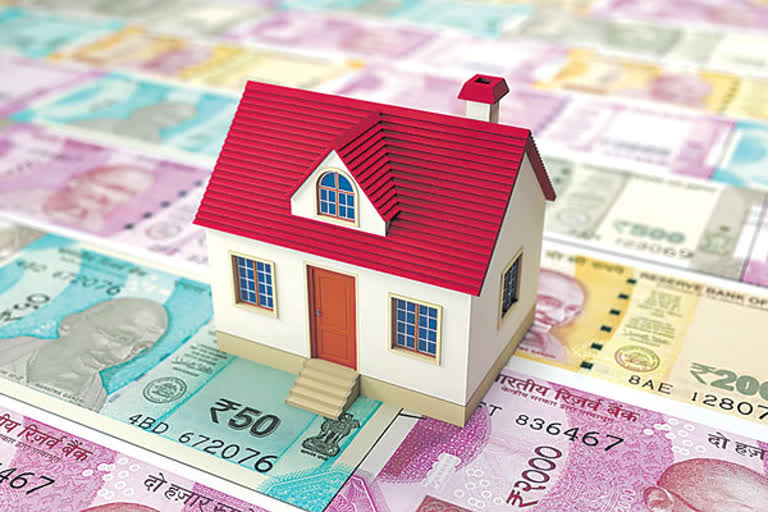Hyderabad: As interest rate burden is increasing on long term home loans, people look for ways to find short term relief like reducing EMI amount and increasing loan term. But such steps would lead to losing more money in the long run. Instead, people should reorganise their finances and divert low interest yielding small savings and deposits to pay off home loans earlier than their term.
The burden of loan repayments is increasing day by day in view of rising interest rates and repo rate increasing four times in a short span. Inflation is soaring above the targeted limit of 6 percent, indicating continued increase in interest rates. If people do not plan in advance, they will have to bear the burden of loan repayments even after retirement.
A home loan means a long term interest burden stretching over 15 to 20 years, throughout which rates of interest keep rising and falling. Because of rising interest rates these days, EMIs (equated monthly installments) will become a higher burden on those taking new loans. Term of existing loans keeps increasing by months and years. It is always better to close a long term loan before originally fixed period.
Usually, people tend to take higher loans than necessary based on their existing capacity to pay EMIs. It may not be a burden immediately but, as interest rates go up, the overall repayment will increased manifold. Instead of taking loans in such unplanned way, one should first get a clear estimate of their financial position. They should divert hand loans and also amounts deposited in low interest yielding savings plans to pay a considerable portion of long term loan that comes at a higher interest. Only then, a home loan should be taken to the minimum required amount.
Also Read: Home Loan: Things to do when you are not able to pay EMIs
One important thing is to increase EMI to reduce term of loan once recipients' monthly earnings increase over years. EMI should be increased by at least 5 percent annually so as to close the loan earlier than its fixed term, which will help in reducing the burden of increasing interest. Bonus and other such incomes may be diverted to pay off home loans quickly.
As of now, interest rates of home loans by all banks have come around to 8 to 9 percent while deposits are not yielding such rates anywhere. So, instead of choosing low interest yielding deposits, one should use those amounts to clear off long term loans. For example, your home loan interest is 8.55 percent and bank fixed deposits yield just 7 percent. If your income falls in 20 percent tax bracket, deposits annual yield will be just 5.6 percent only. So, it is better to pay off home loans. At least four EMIs should be paid additionally every year. Or, pay off 5 to 10 percent of principal amount.
Also Read: Are you worried about debt burden? Here are steps to clear them
One should be careful while transferring a loan from one bank to another for the benefit of lower interest. The difference of interest should be 0.5 percent and above. Also, take a look at fee collected for scrutiny and procession. Discuss with the bank on possibility of reducing interest if there is a rise in your credit rate and income.
Before taking a long term home loan, all of us should consider reducing our expenses to maximum possible extent. All our small savings should also be diverted towards repaying bank loans. If EMI burden is higher, discuss with banks and transfer loans if another bank offers some relief. Consider future rise in interest rates and invest 10 to 15 percent of EMI amount in short term debt funds. Get a contingency fund ready for an amount equal to expenses and EMIs spanning three to six months.



